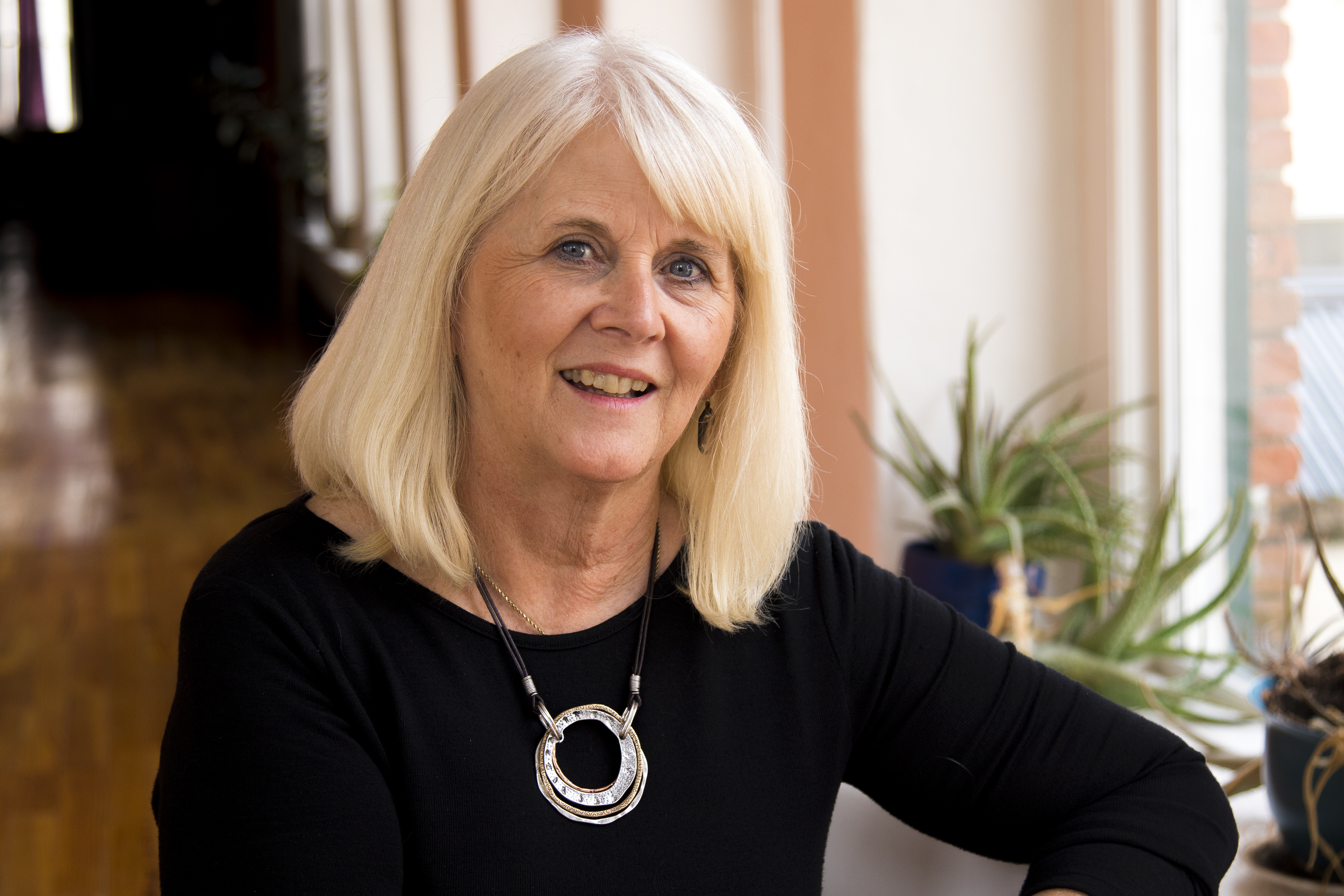 Women’s Forum – Quiet Conversations is a community conversation on topics rarely discussed openly. On November 15, attendees will hear from a panel of community and business leaders on a variety of important issues, including: gender discrimination, assault and abuse, sexual harassment, race relations, women and depression, unhealthy relationships and diversity and inclusion. We sat down with panelist Kathleen Marker with the YWCA of Northeast Kansas to discuss her specific topic, diversity and inclusion (and equity).
Women’s Forum – Quiet Conversations is a community conversation on topics rarely discussed openly. On November 15, attendees will hear from a panel of community and business leaders on a variety of important issues, including: gender discrimination, assault and abuse, sexual harassment, race relations, women and depression, unhealthy relationships and diversity and inclusion. We sat down with panelist Kathleen Marker with the YWCA of Northeast Kansas to discuss her specific topic, diversity and inclusion (and equity).
Having diversity in our workforce means being inclusive and should encompass everything from race to gender and beyond; e.g. age, experience, education, background, upbringing, marital status, country of origin, religious views, political affiliation, learning styles, conflict styles and disability. Much has been written about how diversity in teams positively impacts creativity and innovation. There’s value in experiences with multiple perspectives, which inspires novel thinking, connecting thoughts in new ways, and different approaches to problem-solving.
When talking about diversity and inclusion it is important to understand that diversity in our communities and in our workforce are equated with economic prosperity. As Kathleen teaches in her Emerging Leaders classes at the YWCA, “when you have diverse teams, you have diversity of thought which spawns creativity and innovation. This allows organizations to be more inclusive which in turn, enables them to better serve a diverse set of needs. This, of course, adds to their overall economic prosperity.”
“We know diversity is good for business; we know it is the right thing to do. Diversity is a lens we should be looking through in every aspect of our organizations, and we should be integrating this into every facet of business to drive results.” Gender-diverse companies are 15 percent more likely to outperform (have financial returns above their respective national industry medians) non-gender diverse companies, and ethnically diverse companies are 35 percent more likely to outperform (McKinsey & Company). According to a study done by Credit Suisse, companies with at least one female board member had a return on equity of 14.1 percent over the past nine years, greater than the 11.2 percent for those without any women. The stock valuations are also higher for gender diverse boards versus all-male ones.
However, there are social problems directly at odds with diversity and inclusion that need to be addressed, such as racism and sexism.
To have dialog around the issues surrounding diversity and inclusion, Kathleen says we need to meet people where they are. “Ultimately, for these conversations to happen people need to be able to speak their truth – they need a safe space where they won’t be judged.”
And where open conversations occur, education and self-reflection can also take place. Building awareness is a first step towards real change. Educate employees by helping them to understand how individuals are impacted by unconscious bias, and what actions continue to reinforce unconscious bias. One way to build awareness and address unconscious bias is to encourage every employee to review, question and analyze their own personal potential biases and assumptions.
Kathleen emphasizes the importance of getting a new lens on the situation by pushing the need to have discussions about privilege, especially on an individual level. Additionally, “We also must examine our own biases.”
She also explains that the battle against racism and bigotry must continuously be addressed at not just the interpersonal level but at the institutional and systemic levels.
Be sure to share this event on Facebook, and stay tuned for more Quiet Conversation topics to be shared in the following days.
